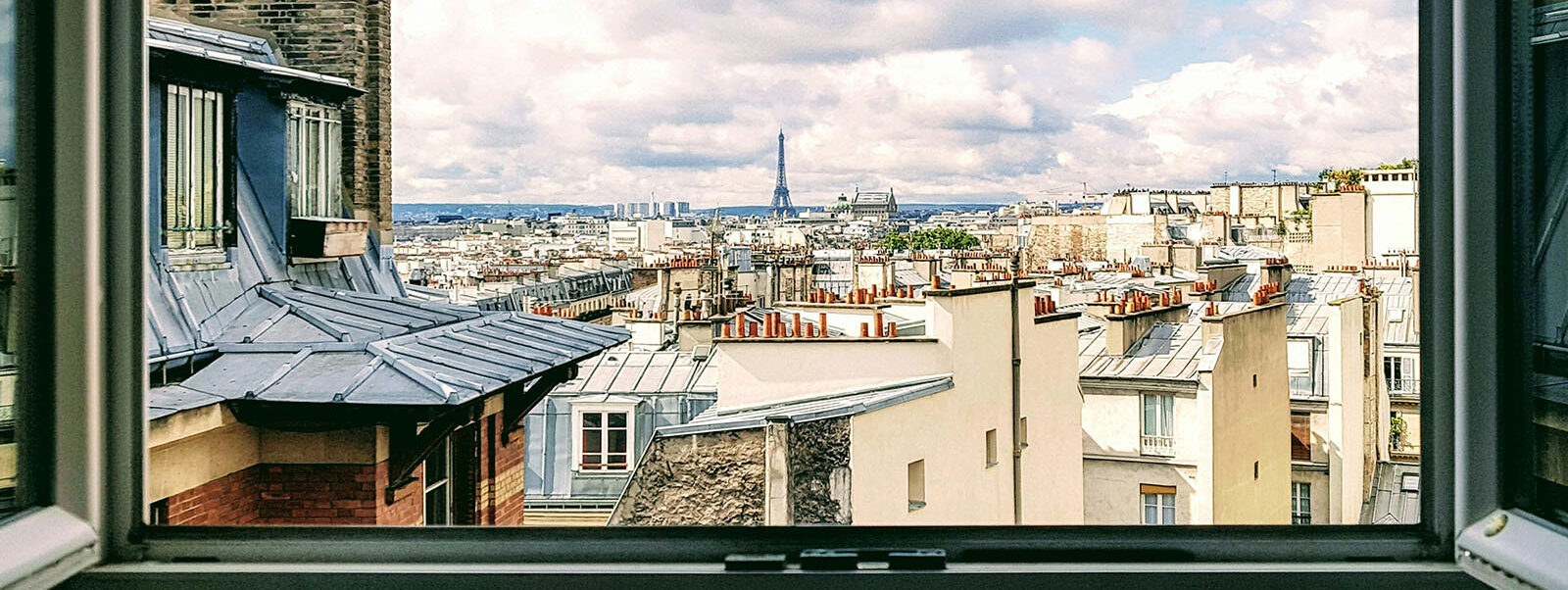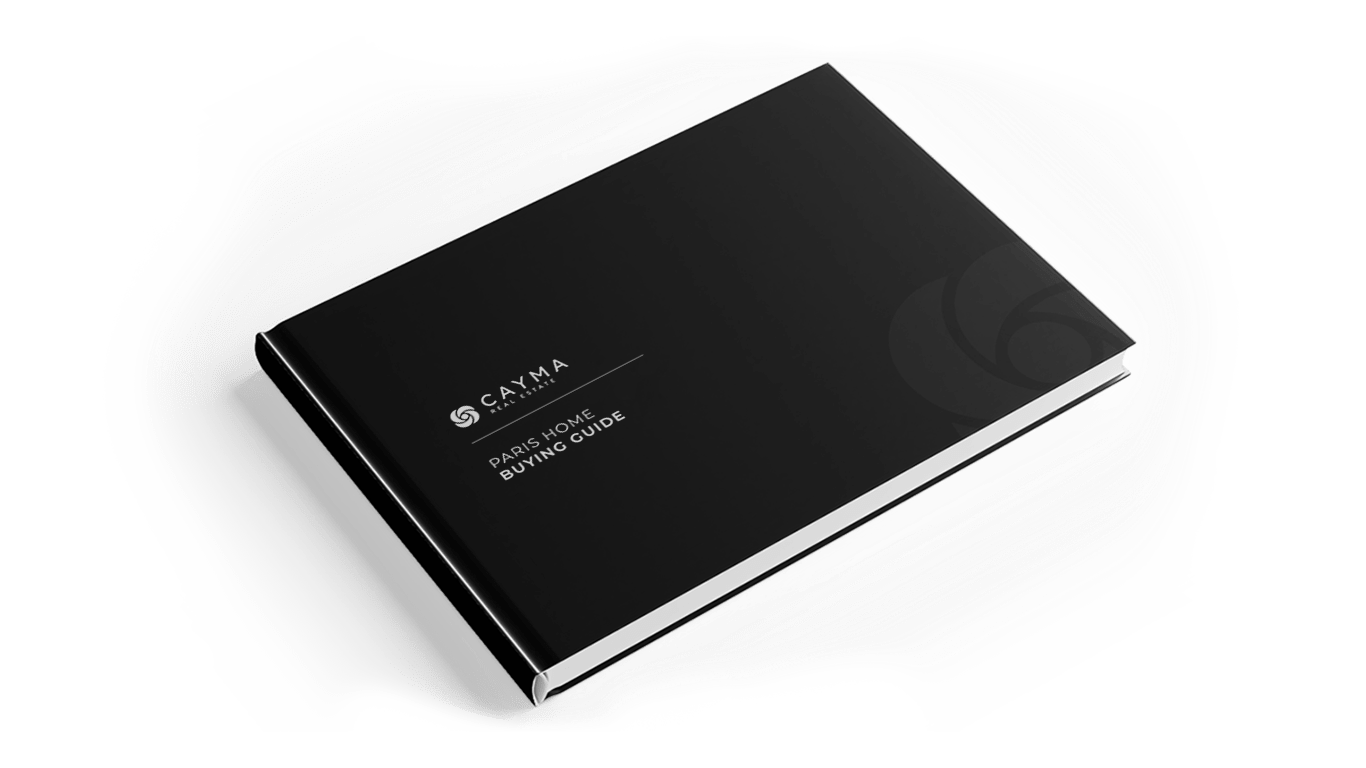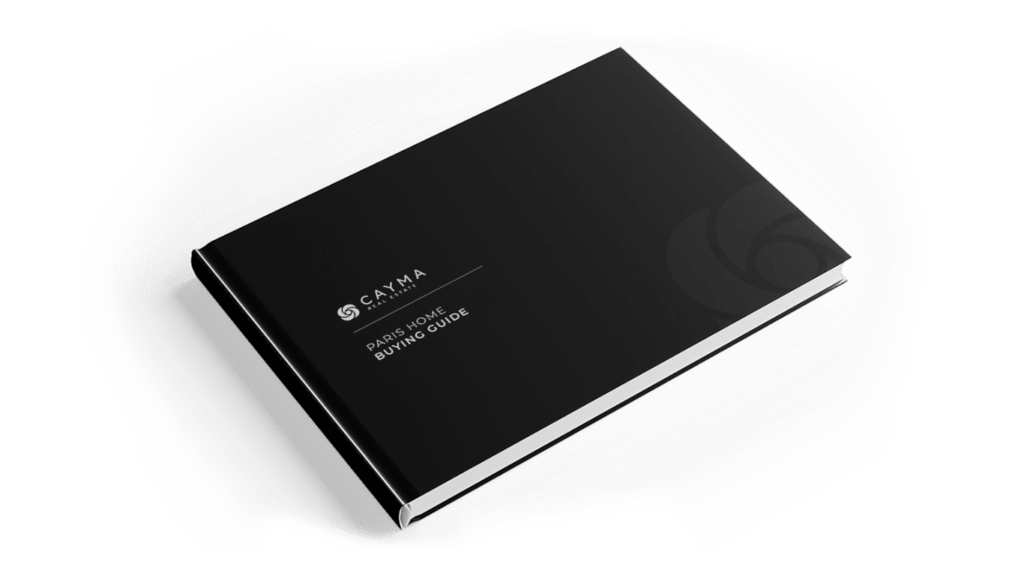Paris, known for its cultural richness, historical monuments and strong real estate market, has long been a coveted destination for real estate investment. For non-residents, the dream of owning property in Paris is not only attractive, but also attainable. However, financing a property as a non-resident in France comes with specific requirements, implications and challenges. In this article, we will explore how non-residents can finance a property in Paris, which banks offer mortgage options and what implications to consider before starting the process.
1. Is it possible for non-residents to obtain a mortgage in France?
Yes, it is possible for non-residents to finance a property in Paris. Several French banks offer mortgage loans to foreign investors and expatriates wishing to purchase real estate in France. However, the process can be more complex than for domestic buyers due to factors such as residency status, foreign exchange risks and stricter requirements to demonstrate financial stability.
Although non-residents can apply for mortgages, they often face stricter lending criteria. French banks tend to be conservative when lending to non-residents, so it is essential to be well prepared with financial documentation.
In addition, banks in the applicant’s home country may also finance this type of operation, depending on the type of client and his or her financial profile.
2. What are the main requirements for non-residents?
Generally, non-resident borrowers must meet stricter requirements than French residents. The following are some key considerations:
- Deposit/down payment: Non-residents are usually required to make a larger down payment, often in excess of 40% of the property value. This can vary depending on the bank and the financial profile of the applicant. The perceived higher risk associated with non-resident borrowers is the reason for this higher deposit requirement.
- Proof of income and financial stability: Banks will require detailed proof of income and financial stability, including payslips, tax returns, bank statements and possibly details of other assets. Some lenders may also ask for proof of employment and confirmation that the borrower’s job is stable and well paid.
- Debt-to-income ratio: French banks generally apply strict rules regarding the debt-to-income ratio. A common threshold is that mortgage payments, including existing debts, should not exceed one-third (approximately 33%) of the borrower’s total gross income.
- Foreign exchange and foreign currency income: For non-residents earning income in foreign currency, some banks may impose additional requirements, as exchange rate fluctuations may increase perceived risk. Some lenders may require that the mortgage be issued in the same currency as the borrower’s income to mitigate these risks.
3. Which banks offer mortgages to non-residents?
Several French banks are known to offer mortgage loans to non-residents, although conditions and services may differ:
- BNP Paribas International Buyers: BNP Paribas has a specialized division for international buyers, which offers tailor-made services for non-resident investors wishing to purchase a property in France. The bank offers competitive interest rates and personalized assistance, although it may require a substantial down payment.
- Crédit Agricole: one of France’s largest banks, offers specific mortgage products for expatriates and non-residents. It also offers bilingual services, which can be especially useful for foreign buyers unfamiliar with the French language and legal terms.
- Société Générale: offers mortgages to non-residents with terms based on factors such as income, residence and property type. They may require extensive financial information and may offer slightly higher interest rates to non-resident buyers.
- Caisse d’Epargne: offers mortgage products for non-residents, but typically focuses on clients with a strong financial history. They offer flexibility in terms of loan amounts and duration, but are likely to require a large down payment and substantial financial documentation.
4. What are the implications of financing a property as a non-resident?
Interest rates
Interest rates for non-resident buyers tend to be higher than for residents due to the perception of higher risk on the part of lenders. Banks tend to apply a premium on the interest rate for non-residents compared to local residents.
Foreign exchange risk
If your income is in a foreign currency, exchange rate fluctuations may affect your ability to meet mortgage payments. Some banks mitigate this risk by offering loans in the currency of the borrower’s income, but others may still require repayments in euros. It is essential to take exchange rate variations into account when budgeting your mortgage.
Property taxes and legal fees in France
In addition to the mortgage, buyers should be aware of other costs involved in buying a property in France, including property taxes (Taxe Foncière e Taxe d’Habitation) and legal fees (notary fees, which are typically around 7-8% of the property price for existing buildings).
Insurance requirements
French law requires borrowers to take out life and property insurance when taking out a mortgage. Non-residents must obtain insurance in France or provide equivalent coverage from a foreign insurer that meets French standards. Some banks only work with insurers based in France.
5. What are the steps to obtain a mortgage as a non-resident?
Assess your financial capacity
Before approaching a French bank, make sure that your financial situation meets the necessary criteria, including the required down payment, income stability and debt-to-income ratio.
Hire a mortgage broker (optional, but helpful).
If you are unfamiliar with the French banking system, working with a mortgage broker who specializes in helping non-residents can be beneficial. They can guide you through the process and help you find the best mortgage deals available.
Submit documentation
Prepare a complete file of financial documents, including tax returns, bank statements, proof of employment and other relevant documents. French banks may also require translated copies of some documents.
Receive a mortgage offer
Once approved, you will receive a mortgage offer, which usually includes a cooling-off period (typically 10 days) during which you can review or reject the offer.
Complete the purchase of the property
Once the mortgage offer is finalized and accepted, you can proceed with the purchase of the property through the French legal process, including the signing of the final deed of sale (the “acte de vente”) before a notary.
Conclusion
Financing a property in Paris as a non-resident is possible, but requires careful planning and preparation. French banks such as BNP Paribas, Crédit Agricole and Société Générale offer mortgage solutions tailored to non-residents, although down payments and interest rates are often higher. It is essential to understand the financial implications, including interest rates, foreign exchange risks and additional taxes or fees. Working with a mortgage broker or financial advisor can simplify the process and help you get the best financing options.
By following these steps carefully and choosing the right lender, non-residents can successfully acquire a property in Paris and enjoy the advantages of owning real estate in one of the most prestigious cities in the world.






